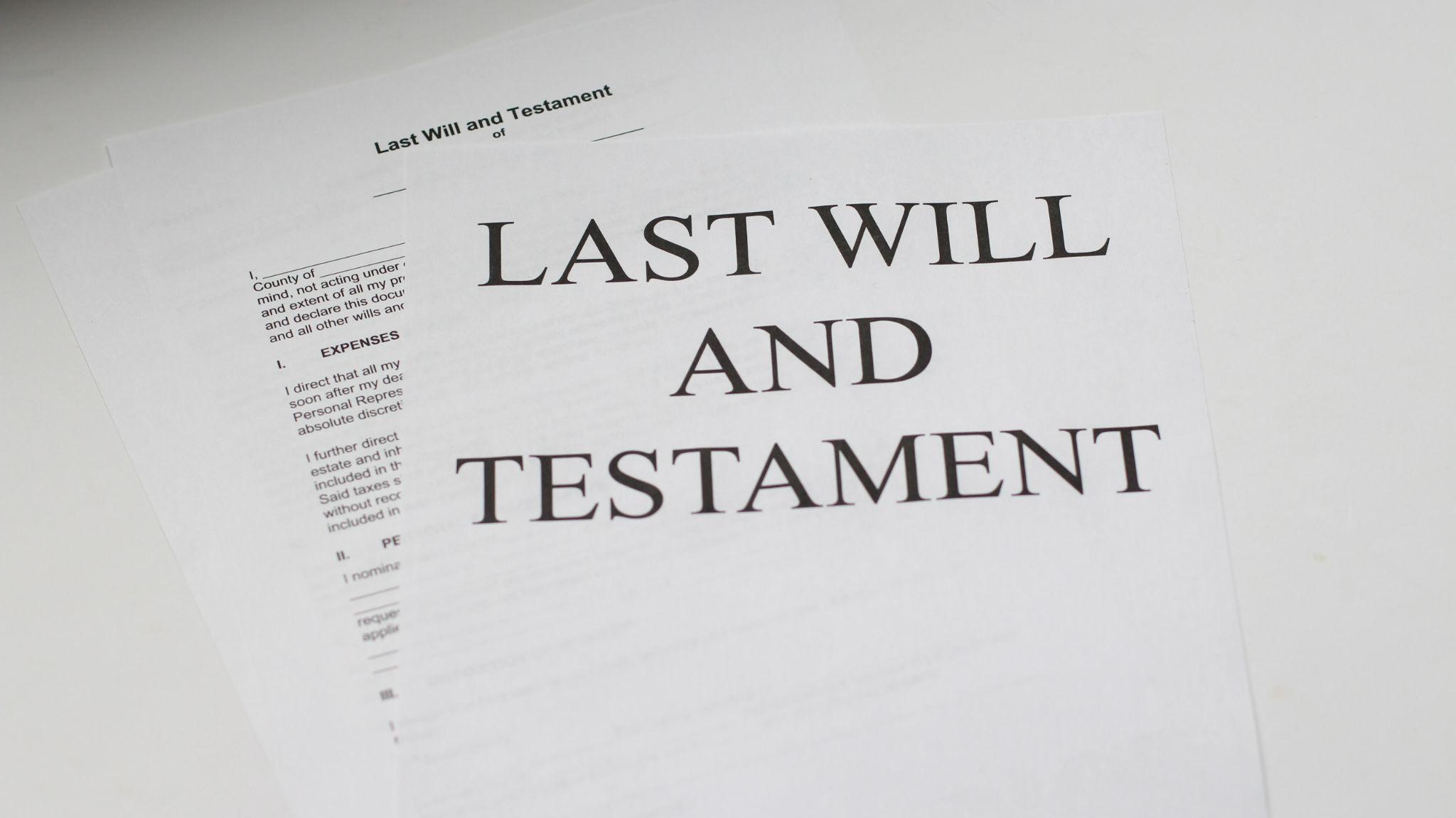Many people seem to be under the impression that making a Will is only for the wealthy; however, that is simply not the case. It’s very important that you make a Will in your lifetime. If you don’t make a Will, the assets that make up your estate could be passed down to the wrong person.
It could also be that your loved ones are not left in the strongest financial position possible, as they will need to pay inheritance tax on everything that falls above the nil-rate band. This means that your beneficiaries could be left with a tax bill to pay much higher than it needs to be. You will also not be able to leave any kind of money to charity if you don’t have a Will in place. As such, having one is clearly crucial.
With the above in mind, it is very important you don’t avoid writing your Will. That being said, your Will doesn’t have to include absolutely everything as well. There are a lot of things that people have previously put in Wills that not only aren’t necessary but can actually make its execution and distribution more difficult. All of these different aspects are going to be laid out in more detail below.
1. Conditions
If you are thinking about attaching conditions to certain gifts left in your Will, then you might want to reconsider this. When you impose such conditions, they are not actually legal and, in any instance, would be impossible (or at the very least extremely difficult) to enforce. As such, if you were considering leaving your car to one of your children so long as they have a job that pays over a certain amount, you needn’t bother.
Something that you can do, on the other hand, is to make some form of suggestion or encouragement. For instance, you could leave your watch to one of your children but ask that it be given to them on their graduation. Again, this is difficult to enforce, but thanks to the sentiment there, it is more likely to be followed.
2. Gifts to Pets
Another thing that you need to be sure you don’t put in your will is any gifts for your pets. Though this might seem like a nice idea to you, the fact of the matter is that it is impossible for you to legally pass on any assets to an animal. Instead, an option should be to arrange a plan for your pet’s care once you have passed. This can be put together with somebody that you trust, or it could be with an organisation that will do it professionally for a fee. You could also consider making some kind of donation to a relevant animal charity.
3. Funeral Arrangements
A Will simply isn’t the place where you should be setting out what you would like to happen at your funeral. Granted, some people include a clause which discusses where they would like to be cremated or buried, but the fact of the matter is your body will not form part of your estate; as such, regardless of what you state in your Will, your wishes may not be carried out.
Not only that, but you tend to find that arrangements for your funeral get made before the Will itself is released. This means it’s more likely than not that your wishes are not going to be seen in time anyway. The best thing to do when it comes to laying out wishes for your funeral is to discuss what you would like to happen with your next of Kin. A lot of families have books where they discuss details of their funeral, and others prefer to leave handwritten notes unseen that their family can get access to after their passing.
4. Jointly Held Assets, Pension Benefits and Life Insurance
The next item you shouldn’t be putting in your Will is jointly held assets. This means items such as bank accounts and certain types of property. A large number of pieces of property, if you hold it as a joint tenant with another party, will simply pass by means of the right of survivorship rather than be passed as per your Will. The right of survivorship means that when you, or whoever owns the property with you, dies, the remaining owners simply take full control of the property. Some properties, if you own as tenants in common, will still pass down as per what you state in your Will; it all just depends on how you both own the property.
In the same vein, funds that you hold in a joint bank account are also going to pass to the other person who owns that account with you.
When it comes to life insurance and pension plans, you will more than likely find that the holder has to appoint a beneficiary to the plan. This means that anything within your pension or life insurance will pass straight to the beneficiary when you die, so you don’t need to specify where they should go in your Will.
5. Any Items That You Don’t Own Outright
If you have any belongings that have been funded by some kind of finance agreement, then you are not going to be able to leave these products in your Will. This is because they are not legally owned by you and therefore are not yours to give. Examples of these kinds of items include the likes of leased cars, high-value laptops or phones on contract.
Do You Need Help Writing Your Will?
It is important that you put a Will together, which is legally binding and that people are going to be able to find once you have passed. As such, you should be sure to contact professionals for any help you need in preparing your Will. Here at Norfolk Will Writing, our team of experts will be more than happy to help you with everything so that you don’t need to worry about where your assets will go once you pass. If you require any further information or have any questions, please do not hesitate to get in touch.





